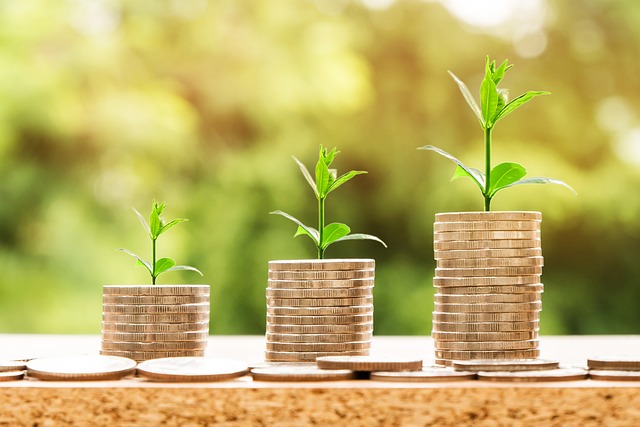Love is beautiful, but it is complex. In 2025 whether someone is dating for the first time or navigating another, it’s easy to get lost in mixed signals. We live in an era where everyone talks about red flags—the warning signs that someone might not be good for your emotional health. But what about the green flags—the signs that someone is actually safe, kind, and emotionally available?
The difference in understanding between green flags vs red flags is like learning a new emotional language. It’s not about judging others; rather, it’s about protecting your peace while remaining open to healthy connections.
This guide explores what are the green flags and red flags in dating, common red flags in guys, and the positive green flags that indicate healthy relationships. It is designed for the self-aware, modern lover.
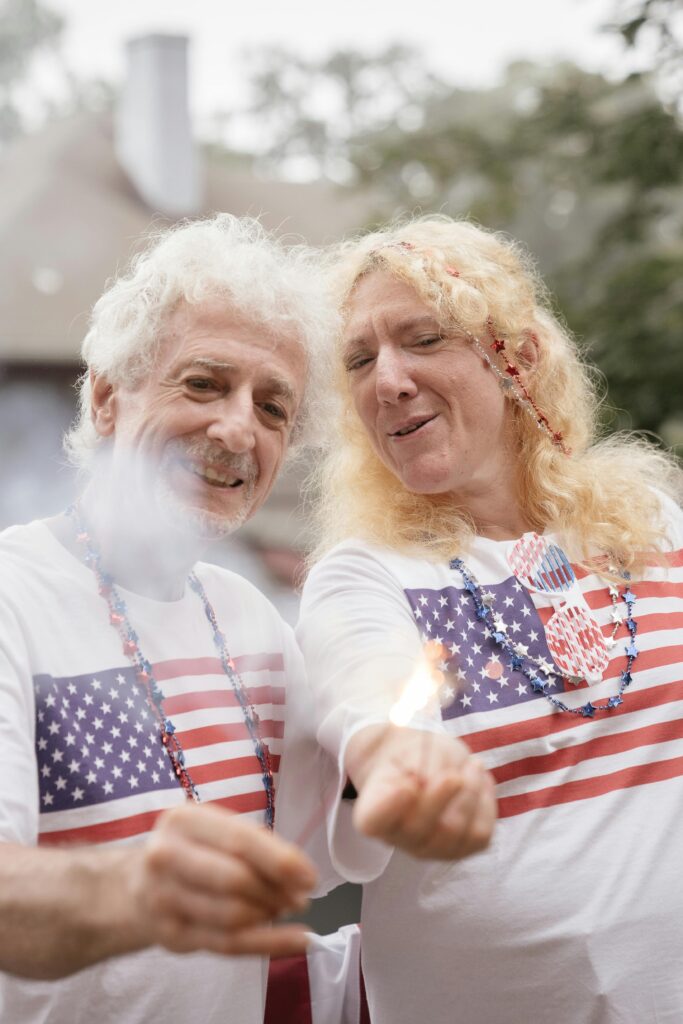
What is Green and Red Flagging in Dating?
Every relationship sends signals—some loud, some subtle.
A red flag in a relationship refers to the feelings within you that signal when something is not quite right. These may involve emotional unavailability, manipulative behaviors, or actions that make you feel uneasy and insecure.
On the other hand, green flags indicate respect, consistency, and emotional safety. These are signs of a person capable of fostering a healthy partnership.
Knowing how to recognize both of these things will truly change the way you date. It prevents you from chasing red flags and helps you start recognizing what is good for you.
Common Red Flag in a Guys You Should Not Overlook
Let’s be honest: sometimes attraction blinds us. We see some odd behavior often wonders “ why is my husband yelling at me” but overlook the patterns. However, there are things that should never be ignored.
Here are some of the most common red flags in guys – but really, in anyone:
1. Poor Communication
That is emotional unavailability if he disappears for days, avoids serious talks, or gives half-answers to direct questions.
Communication is the base of connection, and silence is not mysterious; it’s distance.
2. Love Bombing
If he showers you with too much affection too quickly – constant texts, fast “I love you”, or big promises – then it may not be love.
More often than not, it is manipulation masquerading as intensity.
3. Disrespect
Note the way he speaks with others around him – waiters, friends, relatives.
For at one point, disrespecting people subtly will come through in the way that he might treat you when comfort replaces effort.
4. Jealousy and Possessiveness
If he’s constantly asking you where you are, getting angry when you speak to other people, or trying to control who you see, that is not care; that is insecurity and control.
5. Accountability Avoidance
How immature for him always to point his finger at “circumstances” or at people but not at himself.
Grown men take the blame upon themselves; manipulators rewrite the story.
6. Emotional Inconsistency
If he’s affectionate today and cold tomorrow, that is not passion; that’s confusion.
Ups and downs of emotions quite often mirror instability, not love.
7. Criticize or Demean You
Subtle insults masquerading as jokes, comparisons with exes, comments about one’s looks – most of these are not harmless.
They erode confidence over time.
8. Lack of Empathy
And when he dismisses your feelings or makes you feel too sensitive, that isn’t about your emotions being wrong; it’s about him not being able to understand them.
Sometimes, red flags in a guys do not scream loudly, but more often, they grow when ignored, starting small. The earlier you recognize them; the sooner you can protect your peace.
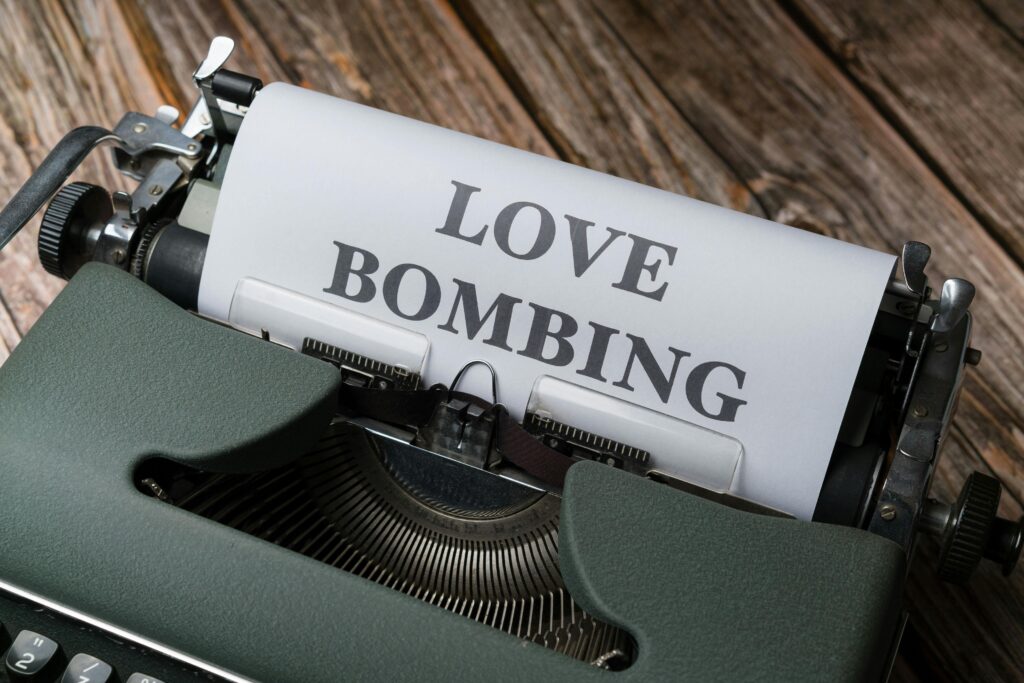
Green Flags in Dating: What Healthy Love Looks Like
Now, on to the green flags—positive signs in dating that indicate this person is emotionally healthy, kind, and genuinely connects with others:
1. Consistency
They show up emotionally and physically, they make little efforts like coming up with unique date ideas to impress you, plan something which you like, and make an effort to know you. They don’t play games or disappear.
What they say is what they do. Consistency is one of the biggest green flags.
2. Respect for Boundaries
They don’t guilt-trip or pressure a person.
You say “no”, you say you’re uncomfortable, and they listen.
Respecting someone’s boundaries is love in action.
3. Emotional Openness
They talk about their past, their fears, and their goals.
They do not mask the emotions with humor or avoidance; rather, they seek deep connection.
4. Accountability
It means they can say they are wrong, apologize with a sense of sincerity, and change for real.
Accountability really is the bedrock of maturity and trust.
5. Fostering Independence
They aren’t threatened by your goals, your friends, or your accomplishments; instead, they celebrate your growth and wish to see you shine.
6. Conflict Resolution in a Peaceful Manner
Obviously, disagreements are not fully avoidable, but it is how they deal with them that matters.
If you have noticed, many happy couples have a common balance of understanding between them. Green flag partners talk things over calmly, listening attentively and never using anger as a weapon.
7. Shared Values
You both cherish the same values – respect, honesty, and growth.
When values match, compatibility can last.
8. Kindness and Empathy
They take your feelings seriously, even when those feelings are angry.
Empathy is emotional safety, and safety is what love should feel like.
Healthy love isn’t boring; it is peaceful, stable, and kind.
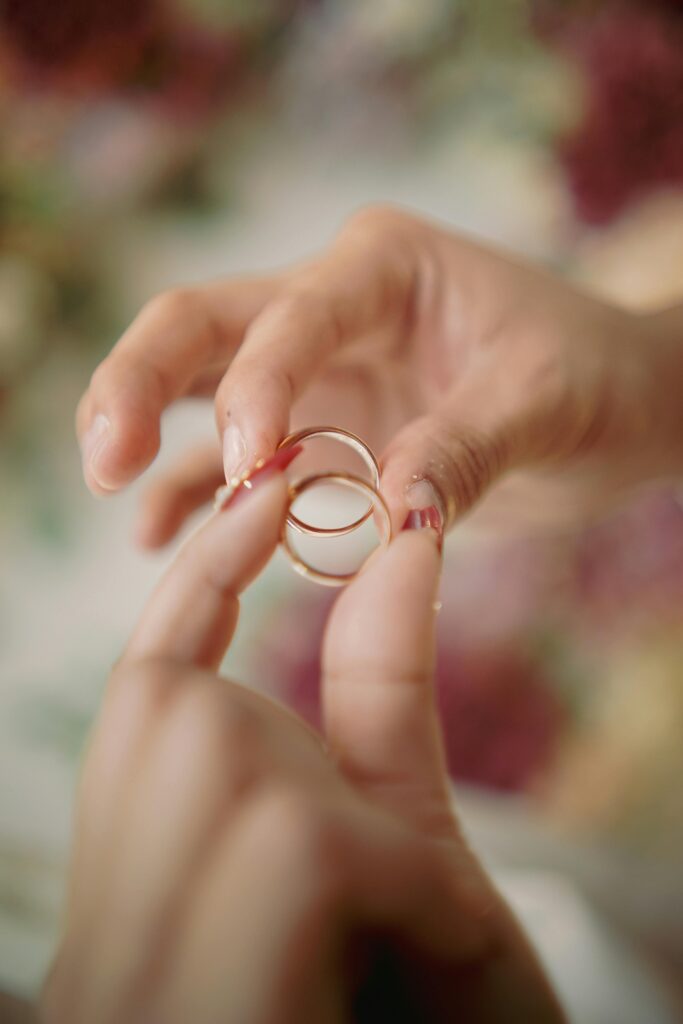
Red Flags vs Green Flags in a Relationship
Of course, not always, but many times, relationships will have both the red and the green signs.
Nobody’s perfect, but that awareness helps you to realize the pattern: does it make you anxious, or does it make you grow?
Simple Comparison
| Aspect | Red Flag | Green Flag |
| Communication | Skips emotional talks | Honest, open conversations |
| Respect | Dismisses your feelings | Listens and values your opinions |
| Boundaries | Pushes or mocks limits | Understands and respects comfort zone |
| Consistency | Hot-and-cold behaviour | Reliable, steady actions |
| Conflict | Blames, yells, or withdraws | Stays calm and solution-focused |
| Trust | Gets jealous or controlling | Gives freedom and reassurance |
| Effort | Only tries when convenient | Shows care through consistent effort |
| Energy | Drains your peace | Feels safe and uplifting |
The more the red flags dominate, the more drained you will feel.
When the green flags are leading, you will feel calm and secure — and that is how you will know which direction your relationship is taking.
Why We Ignore Red Flags
So many of us see the red flags yet choose to stay. Why?
Because love, hope, and fear of loneliness blur judgement most often.
You might say:
- “It’ll get better.”
- “They didn’t mean it.”
- “No one’s perfect.”
And yes, perfection does not exist.
But there is a line separating imperfection from emotional damage.
And in those situations where there’s a pattern that keeps on hurting you, love isn’t the cure; distance is.
The thing is, the more you overlook a red flag, the more attached you become to the potential, not the reality.
How to Respond If You Identify Red Flags
When something does not feel quite right, do not overthink; observe and then act with mindfulness.
- You communicate clearly. You raise your concern, but the mature partner will listen and respond rather than become defensive.
- Set boundaries: Protect your emotional energy. You are not difficult for expecting respect.
- Watch actions, not words: Promises mean nothing without effort.
- Look for patterns: If it keeps happening, then it is not a mistake; it’s a choice.
- Know when to walk away: You can leave confusion behind. Love is meant to bring peace, not pain.
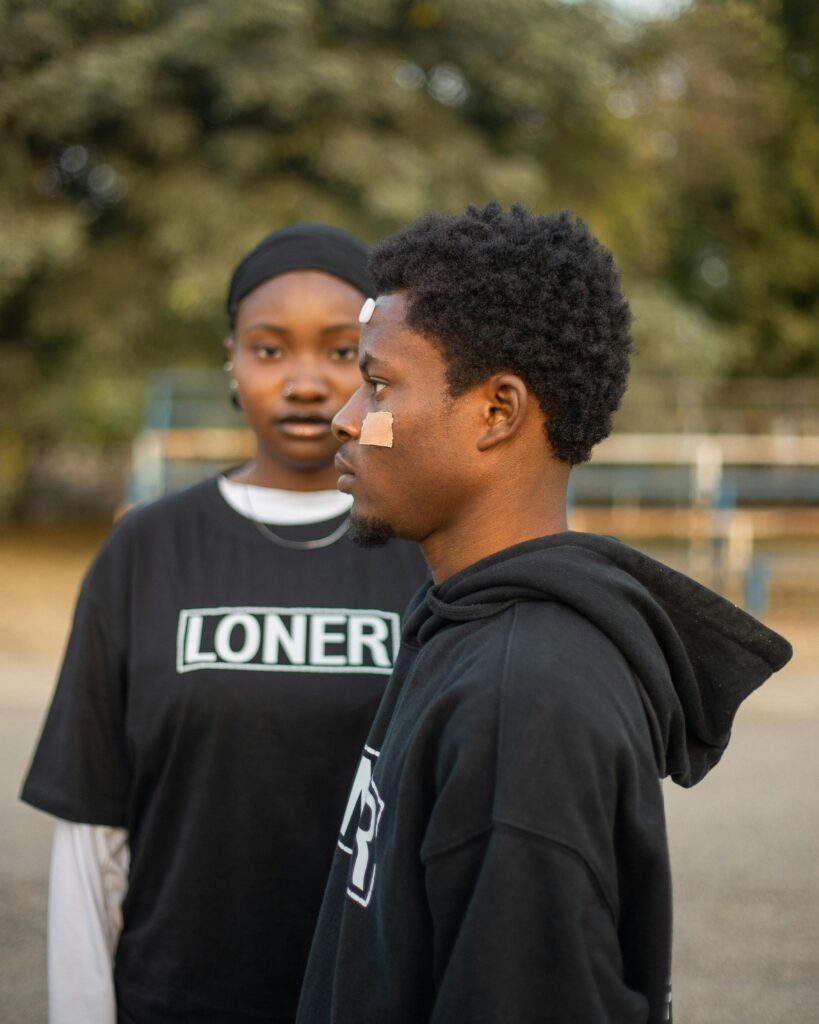
Green Flags You Should Appreciate
We are living in a world where “toxic” gets more attention than “healthy”; thus, we let the good ones slip away.
Here are some subtle green flags that are well worth your attention:
- They listen and never interrupt.
- They remember minute details about you.
- They celebrate your wins.
- They make a person feel safe emotionally.
- They do not make you doubt your self-worth.
Real love is calm; it’s not chaotic.
It puts you at ease; it doesn’t put you on edge.
Red Flags vs Green Flags in Yourself
It is so easy to point to the red flags in someone else; what matters is having awareness about oneself.
At times we, too, carry such patterns that create tension.
Ask yourself:
- Does the speaker speak clearly?
- Am I respectful of boundaries?
- Do I take responsibility for my mistakes?
Knowing our own red flags is how we attract relationships that reflect emotional balance and growth.
Building a Lasting Relationship
A lifelong relationship isn’t about perfection; it’s about choosing effort, honesty, and empathy over and over between two souls.
To establish a healthy dynamic:
- Always pick those kinds of partners who can make peace instead of creating confusion.
- Talk about feelings early and often.
- Respect comes before chemistry.
- Grow together, not apart.
Love is a lot stronger with a communicative and emotionally mature base, as it really thrives on it.

Conclusion
The main understanding of what green flags vs red flags are in a relationship boils down to coming to learn what peace feels like and refusing to settle for less.
A red flag is something that goes off when a thing in love starts to be confusing, controlling, or hurtful; it’s warning you.
A green flag shows when love is stable, kind, and safe.
It is not finding perfect but finding someone that’s aware of their own selves – a person who is willing to grow and communicate and choose respect day in and day out.
The next time you fall for someone, just don’t go asking yourselves the question “Does he/she like me?”
Ask yourself if they make you feel safe, seen, and supported.
Because love that brings peace and not anxiety will always be the biggest green flag of all.
FAQs
1. What are green and red flags in dating?
Green flags are positive behaviors like respect and honesty. Red flags are warning signs of toxicity, like manipulation, jealousy, or emotional neglect.
2. What are common red flags in guys?
Common red flags in guys include poor communication, controlling behavior, inconsistency, lack of empathy, and refusal to take responsibility for mistakes.
3. What are green flags in dating?
Consistency, accountability, kindness, and healthy communication are major green flags that signal emotional maturity and readiness for a healthy relationship.
4. Why is it important to recognize red and green flags early?
Recognizing them early helps you set boundaries, avoid emotional harm, and build relationships based on trust, respect, and genuine compatibility.



